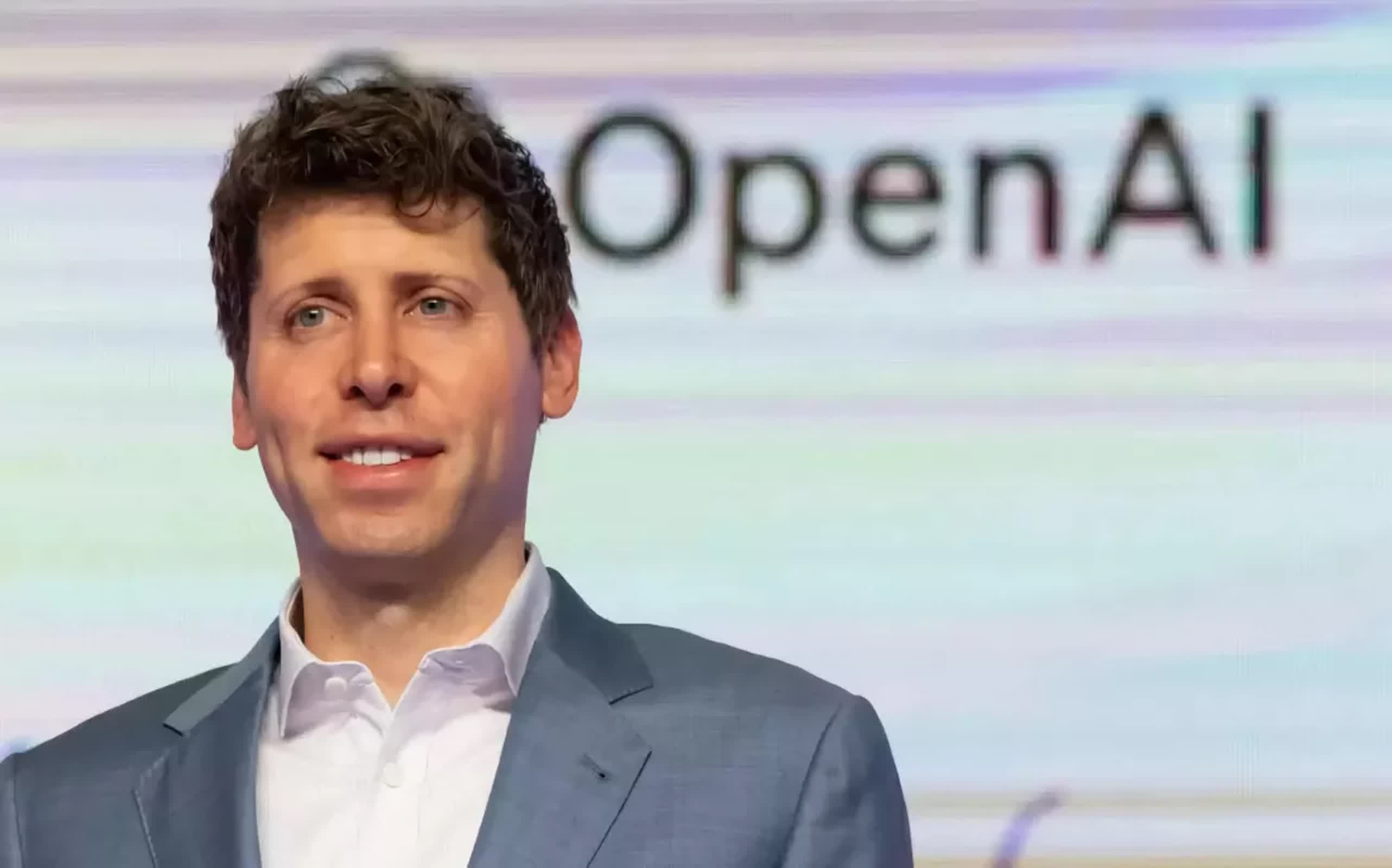Why it matters: We knew OpenAI was hot, but maybe not this hot. The company has just raised a startling $6.6 billion, leading to a valuation of $157 billion. Even by Silicon Valley standards this is a lot of money. OpenAI is close-lipped about how it will invest the capital, only saying it will accelerate AI research and increase its compute capabilities.
In a landmark deal, OpenAI has raised $6.6 billion in new funding, sending its valuation soaring to an astounding $157 billion. This investment round is one of the largest ever in private markets and confirms OpenAI's position as a frontrunner in the AI race.
Thrive Capital, led by Josh Kushner, spearheaded the funding round with a $1.3 billion investment. Microsoft, OpenAI's primary backer, contributed an additional $750 million, a source told Bloomberg, bringing Redmond's total investment to nearly $14 billion.
Other investors included Nvidia, Khosla Ventures, Fidelity Management & Research Co., Tiger Global Management, Altimeter Capital, Coatue Management and venture firm Quiet Capital.
The funding round also attracted global interest, with Japan's SoftBank Group and Abu Dhabi-based MGX joining the roster of investors, people familiar with the matter told Bloomberg. SoftBank's investment came to $500 million, according to one of the sources.
The funding has made OpenAI one of the three largest venture-backed startups, alongside Elon Musk's SpaceX and TikTok owner ByteDance.

The money raised is a stunning amount, even by Silicon Valley standards. "People are shocked at 150 billion bucks," Altimeter CEO Brad Gerstner said at the Madrona IA Summit in Seattle earlier this week. Altimeter invested at least $250 million, according to the report.
Gerstner also pointed to reports that OpenAI expects to generate more than $10 billion in revenue next year and noted that a multiple of 10 times projected revenue isn't unduly high for a company about to go public.
OpenAI plans to use this capital infusion to accelerate AI research and expand its computing capacity. "The new funding will allow us to double down on our leadership in frontier AI research, increase compute capacity, and continue building tools that help people solve hard problems," the company said when it announced the transaction.
OpenAI's meteoric rise began with the launch of ChatGPT in 2022, which sparked a global fascination with AI's capabilities. Today, ChatGPT has 250 million weekly active users, with its premium service, ChatGPT Plus, attracting 11 million paying subscribers. OpenAI's business-focused offerings have also gained traction, serving over 1 million people. Its services have become so popular that the company is considering increasing its premium subscription, which currently costs $20 per month, to $2,000, though it's unclear whether this would apply monthly, annually, or represent an entirely new tier.
Despite its success, OpenAI has faced challenges, including a brief leadership crisis in November 2023 when CEO Sam Altman was fired and quickly rehired. The company has since undergone significant changes, including board restructuring and the departure of key personnel such as co-founder Ilya Sutskever and CTO Mira Murati.
Now, OpenAI is considering transitioning from its current nonprofit structure to a for-profit model, a move likely designed to address investor concerns but could potentially raise legal issues. This shift may include granting Altman a substantial equity stake in the company.
Meanwhile, the AI landscape continues to evolve rapidly, with new competitors emerging – including some founded by former OpenAI employees, such as Anthropic and Safe Superintelligence – and established tech giants like Google and Amazon investing heavily in their own AI initiatives. In response, OpenAI has reportedly discouraged investors from backing these rival companies.
